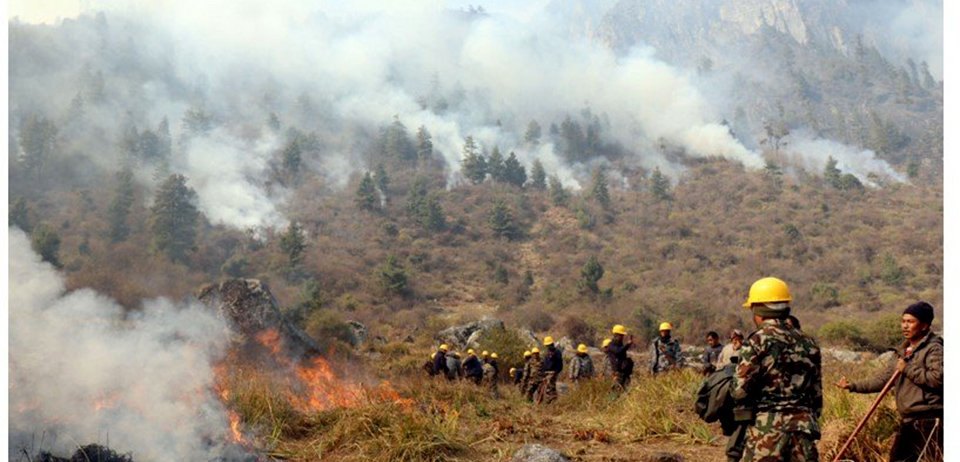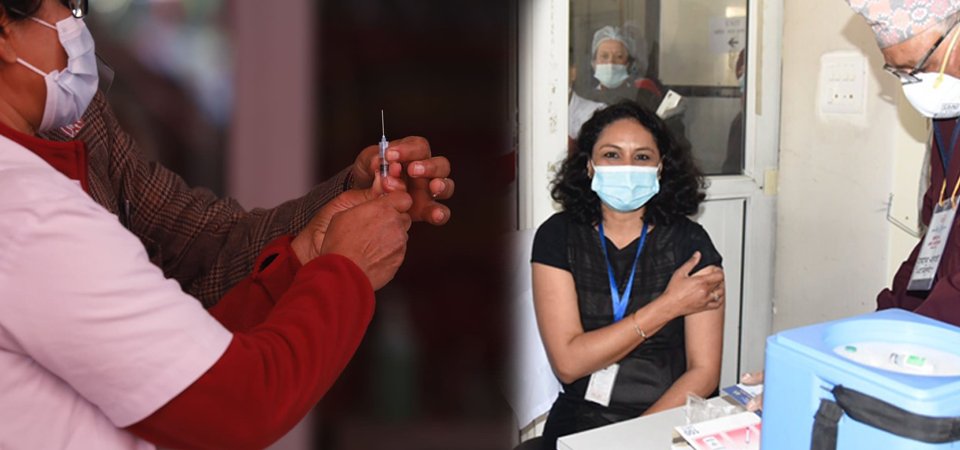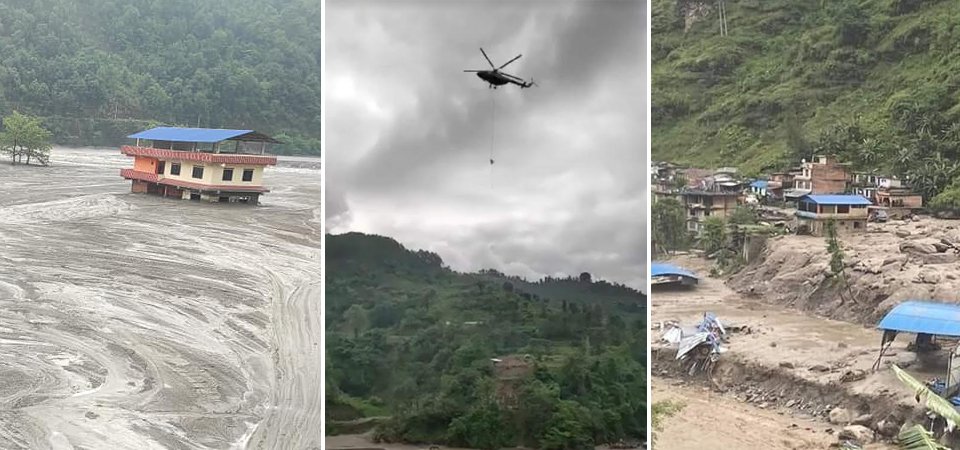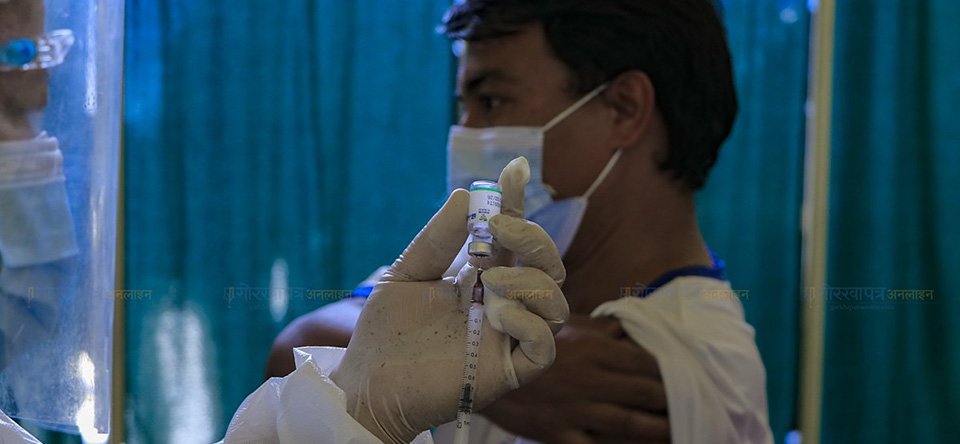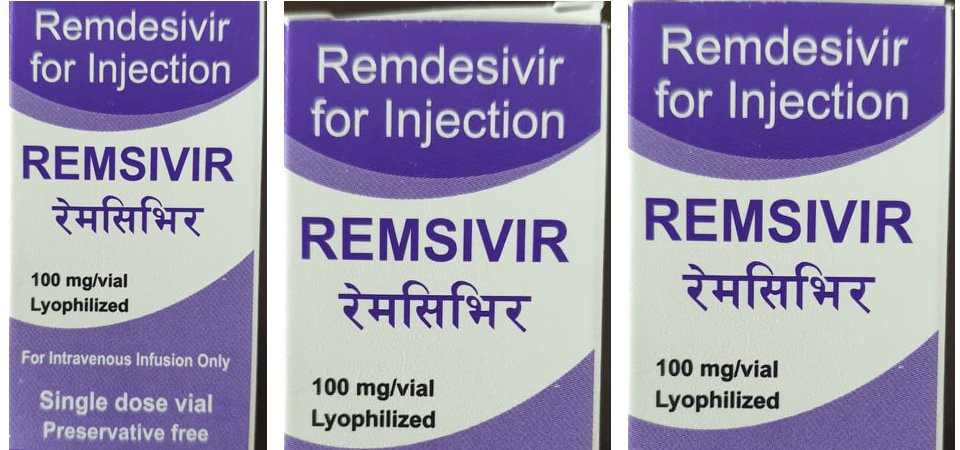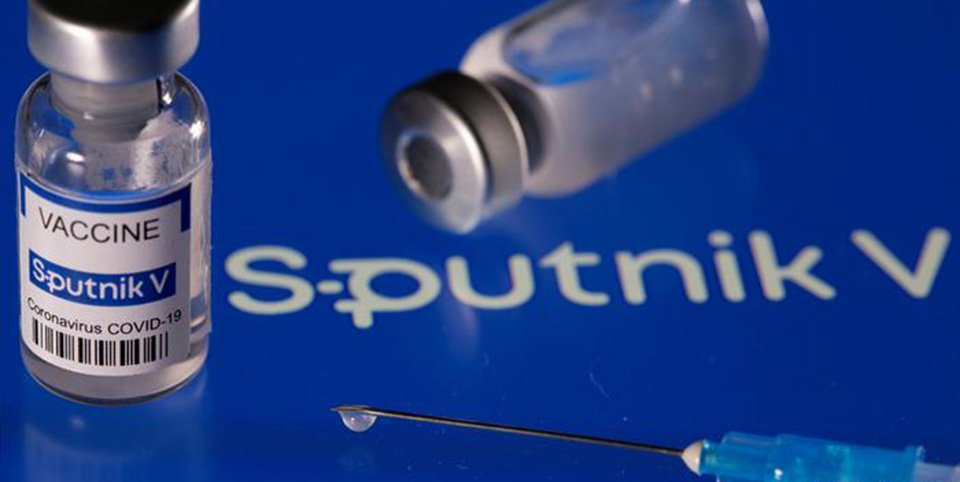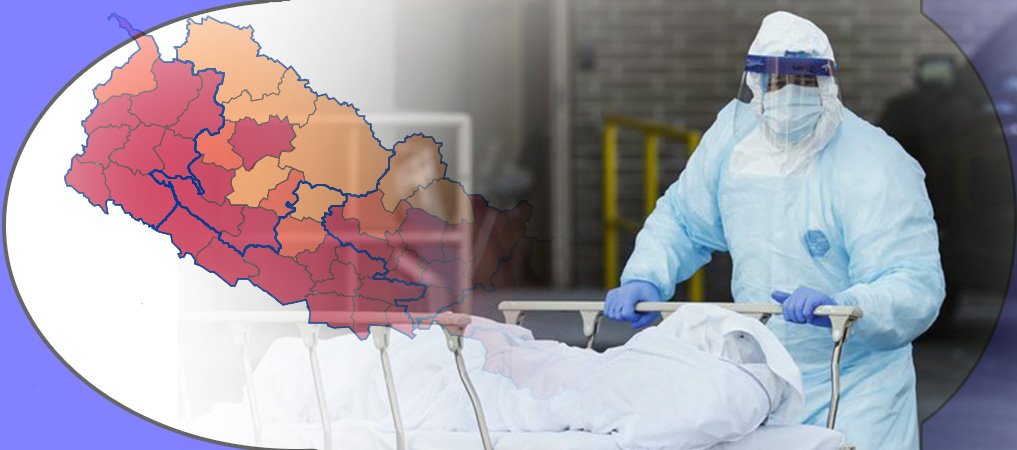12 million COVID shots pile up in storages
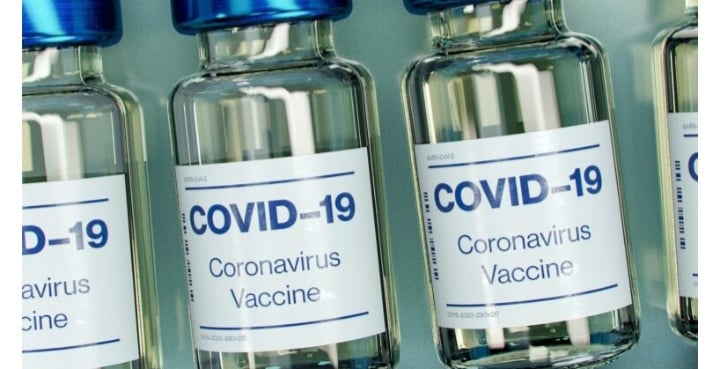
Kathmandu, Dec.23: Even though a large number of anti-COVID-19-vaccine has been coming to Nepal, but, the government has been unable to run the vaccination campaign swiftly. As a result, vaccines are being piled up in storage units across the country.
Despite the claim of the government that it can inoculate up to 3 lakh people in a day, it has been inoculating around 1 lakh people in a day. Currently, there is a total of 12,099,000 doses of anti-COVID-19-vaccine in the storage units in the province and centre.
According to Dr Krishna Poudel, Spokesperson of the Ministry of Health and Population (MoHP), 12,099,000 total storage doses of vaccine against COVID-19 are in storage after administering 21,988,516 doses of the total 38,539,367 doses of vaccine that have arrived in Nepal. The remaining 4,451,851 doses of vaccines are not in record because the local levels are administered with their own autonomy.
He said, “Even though we are running the vaccination campaign ceaselessly, the number of vaccines in storage units are piled up because there is a good inflow of vaccines at present, because of which, vaccine storage is seen more.”
According to him, other things like cold chains, vans, and preparation need to be done to run the vaccination and it takes time for that. Therefore, vaccination campaigns are run-in periods.
Aside from the central storage in Teku, there are storage units of 4,000 litres capacity in Pathalaiya, Pokhara, Butwal, and Nepalgunj. 3,000 litres in Dhangadhi, 10,000 litres in Janakpur, and 2,500 litres in Biratnagar.
The MoHP has stated that the vaccination campaign will be intensified as there is enough vaccine in the storage.
Dr Sameer Kumar Adhikari, the Joint Spokesperson of the Ministry, said that vaccinating people all at once will overstress resources therefore, vaccination will be given on a priority basis. Those who are left behind on vaccination will be vaccinated on a priority basis.
He added that vaccination in districts will be given as per the need.
So far, 9,782,247 have received a complete dose, and 12,445,930 have received a single dose.
Status of vaccine storage
According to Dr Surendra Chaurasia, chief of the Logistic Management Section under the Department of Health Services (DoHS), 745,331 doses of Vero cell (two doses per vial) and 504,030 Vero Cell (five doses per vial) are on the storage. Likewise, 2,176,650 doses of Johnson & Johnson vaccine, 10,090 doses of Astra Zeneca, 3,373,790 doses of Covishield, 288 doses of Pfizer, and 2,507,160 doses of Moderna vaccine are on storage.
He said, “A total of 3,072,278 anti-COVID-19-vaccine has arrived in Nepal on December, 20. Of them, 1,870,500 doses are Covishield and 1,201,778 doses are Vero Cell vaccine. These vaccines will be stored at the central storage, Teku until next vaccination campaign.”
Bade Babu Thapa, Senior Pharmacist of the supply management branch of Department of Health Services, there are eight vaccine storage centres nationwide which on average are around 4,000 litres capacity, can store up to 5 million doses of vaccine.
“If a vaccine having 10 doses per vial like AstraZeneca comes, we can store up to 10 million doses at once,” he said, “If vaccines come in a single dose per vial like Vero Cell, we can store up to 3.5 million doses at one time throughout the country.”
Will there be a shortage of syringes for the vaccination campaign?
According to Bharat Bhandari, Immunization Officer at Child Health and Immunization Section of DoHS, currently, there is no shortage of syringes, however, in a near future, the shortage can be felt, and as syringes are not coming timely. 50 lakh syringes from UNICEF and 20 lakh syringes have been delayed.
He claimed that the vaccination campaign is not affected by any means owing to syringes and there is no shortage of syringes for the ongoing vaccination campaign.
He informed that 50 lakh syringes will come to Nepal at the earliest and 200,648,060 syringes are in the pipeline.
Recent News

Do not make expressions casting dout on election: EC
14 Apr, 2022
CM Bhatta says may New Year 2079 BS inspire positive thinking
14 Apr, 2022
Three new cases, 44 recoveries in 24 hours
14 Apr, 2022
689 climbers of 84 teams so far acquire permits for climbing various peaks this spring season
14 Apr, 2022
How the rising cost of living crisis is impacting Nepal
14 Apr, 2022
US military confirms an interstellar meteor collided with Earth
14 Apr, 2022
Valneva Covid vaccine approved for use in UK
14 Apr, 2022
Chair Prachanda highlights need of unity among Maoist, Communist forces
14 Apr, 2022
Ranbir Kapoor and Alia Bhatt: Bollywood toasts star couple on wedding
14 Apr, 2022
President Bhandari confers decorations (Photo Feature)
14 Apr, 2022



